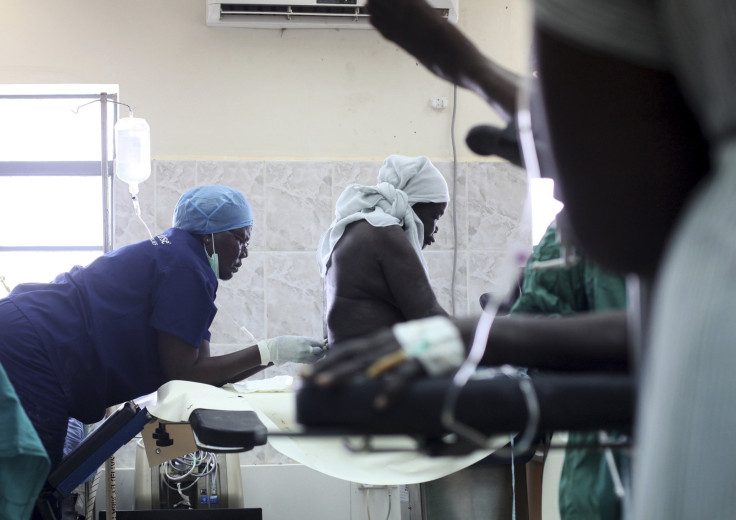Scientists find new benefit from inhaled anaesthetics to effectively combat lung infections

Lung viral and bacterial infections, like influenza and pneumonia, could be prevented through inhaled anaesthetics commonly used in surgeries, scientists suggest. New experiments have proven that the volatile anaesthetics, nitrous oxide and halothane, have powerful effects on the immune system that may soon aid treatment, particularly to help in flu vaccine shortages or limitations.
The new study, published in the journal Anesthesiology, suggests that the anaesthetics being used for more than a century and are common in operating rooms could help provide a new therapy for new viral and bacterial strains resistant to conventional vaccines and treatments. The researchers said that the findings may also help improve preparedness for future pandemics and seasonal flu outbreaks as the inhaled anaesthetics may be used to focus on host immunity.
“We hope our study opens the door to the development of new drugs and therapies that could change the infectious disease landscape,” study co-leader Krishnan Chakravarthy said in a press release.
For the experiment, the researchers reviewed the data on a previous research where fewer respiratory symptoms and shorter illnesses were found on children suffering from upper viral respiratory tract infections, who were exposed to halothane during minor surgeries. The study compared the kids to those who did not receive halothane.
The researchers analysed how some inhaled anaesthetic drugs delivered unintended effects to viral and bacterial infections by exposing mice to both influenza virus and Streptococcus pneumonia bacteria. Chakravarthy and his colleagues found that exposing the animals with volatile anaesthetics, such as halothane, reduced the bacterial burden and lung injury after infection.
The anti-bacterial immune response was enhanced by the anaesthetics by preventing chemical signalling that involves a group of proteins helping to regulate the activity of the immune system. According to the researchers, the treated mice reacted like it never even had infection from influenza virus.
They added that as a proof, there were significantly fewer symptoms of infection such as involuntary bristling of skin hairs, hunched posture, impaired gait, laboured breathing, lethargy and major weight loss in the infected mice exposed to halothane.
“Our study is giving us more information about how volatile anaesthetics work with respect to the immune system,” Chakravarthy said. “Given that these drugs are the most common anaesthetics used in the operating room, there is a serious need to understand how they work and how we can use their immune effects to our advantage.”
The team is currently performing tests on oral small molecule immunomodulator in phase two clinical trials. The molecule acts like volatile anaesthetics to help lessen secondary infections after a patient becomes sick with the flu.
Contact the writer at feedback@ibtimes.com.au or tell us what you think below





















